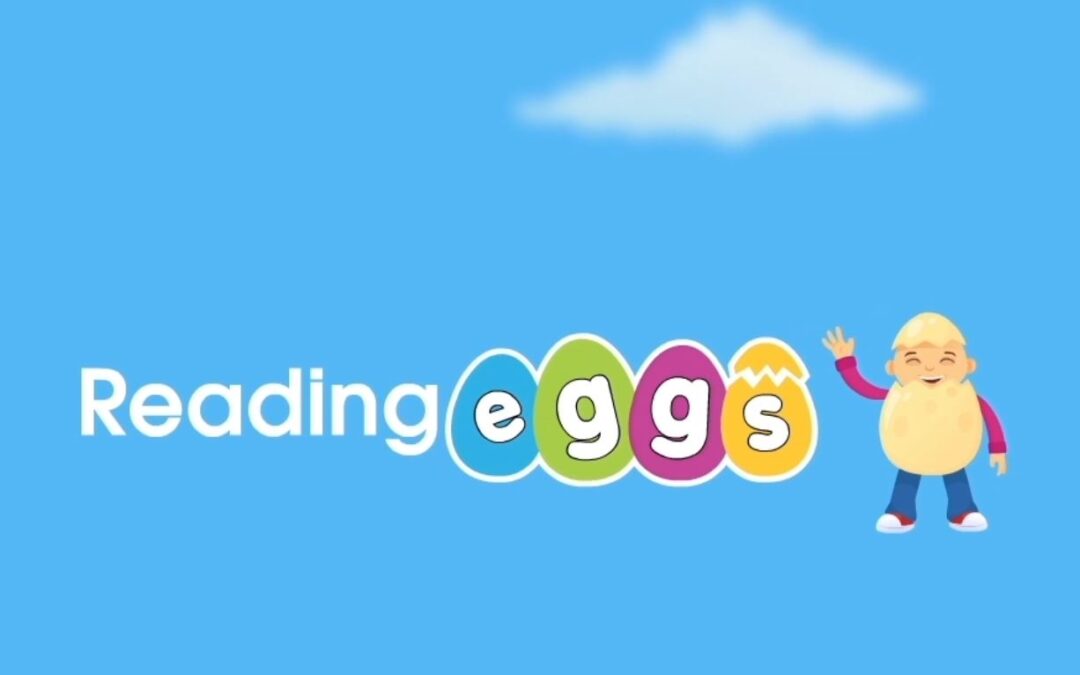Learning to Write is Not Rocket Science
Reading and writing go hand-in-hand. When you read more, you can write well.
A website that is highly regarded in the Middle East and encouraged by most schools is the ‘Reading Eggs’ website. It is an online library of over 3000 books with comprehension quizzes at the end. It is a very popular platform, especially with most schools in Dubai as it recognizes that reading is an integral part of children’s development, and it facilitates the user by making it available anywhere and anytime. Reading Eggs uses facts based on scientific research and tools that suit every child’s interest. Using the Reading Eggs library is a good start for budding writers right from the age of kindergarten. It will help your children remain engaged and build a vocabulary that will help in the writing thought process.
Children from a very early age display emergent writing skills; from scribbling on walls in their toddler years to writing short paragraphs as soon as they can spell. You as parents can foster a writing habit by encouraging them with activities and tasks. Reading aloud to them, dancing to nursery rhymes and ensuring writing and coloring materials are freely available to them are a few things that one can easily do. Sharing their world and asking them questions will also fuel their imaginations and inspire their creativity.
Even if they haven’t learned how to write yet, you can help by writing what they narrate to you. It could be about their day at school, their visit to grandma or even to the local store.
Writing for children begins in stages.
The first is pictographs or visual representations of what they create in their minds. This is the pre-literate stage or the scribbling stage and forming of lines that almost resemble alphabets. At this stage applaud all and any efforts to write.
Ask them what their creation means and they will be excited to tell you the elaborate ideas and fantasies behind the simple artwork.
After steady progress at school with words and spelling, they graduate to the Emergent Stage where they are able to write words such as their name or mom and dad. At this point, they begin to associate the letters with sounds and their meanings. During this stage reading to your child proves to be helpful for him in recognising certain words. For instance, if he were to see the word dog over and over again in a book, he may learn it faster than any other and may also think about writing his own story about a dog.
After the Emergent stage comes the Transitional stage where they graduate to forming rudimentary sentences. Celebrate his writing and communication and ignore the grammatical errors he is bound to make. Encourage him to write more by making writing a part of his play, such as writing a menu card or stop and go signs for when he is playing traffic policeman.
Finally, all children will move on to the Fluent Stage where they will better their spelling and write anything between a few sentences to a short paragraph. Encourage them to write beyond a fictional story such as in a journal about their day, a letter or even a greeting card. It is okay for you to help share the writing work at this stage as some children think fast but write slowly. So offer assistance to alleviate any frustration creeping into their work.






Recent Comments